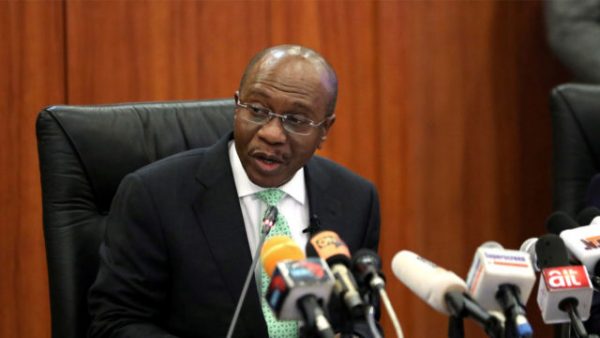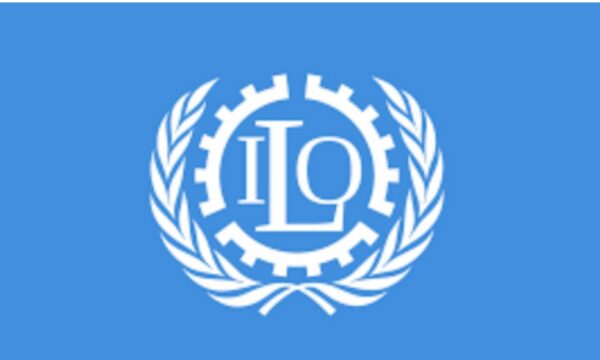NITDA insists internet regulation is in public interest

The National Information Technology Development Agency (NITDA), has warned interest groups in the information and communications technology (ICT) sector not to set government agencies regulating them on a collision course.
NITDA, which said it enjoys a harmonious relationship with the Nigerian Communications Commission (NCC), and other regulators, noted that other government agencies in the sector have a clear mandate and enabling laws that propel their operations.
The clarification and warning, according to NITDA, became necessary following a recent outcry by the Association of Licensed Telecommunication Operators of Nigeria (ALTON), alleging that “NITDA is trying to usurp the regulatory functions of the NCC.”
NITDA insisted that every one of its regulations are in the interest of the sector, and the public as a whole.
ALTON had alleged that NITDA, through the five regulatory instruments it rolled out in January, was usurping NCC’s role on data services, saying the framework which empowers the agency to license Public Internet Access (PIA) providers is a usurpation of the NCC function.
The Association also claimed NITDA’s “Framework for Data Centre Facilities”, and “Nigeria Data Protection Regulation (NDPR)”, amounted to multiple regulations that would pose a challenge in the industry.
“The key concern is that NITDA appears to be assuming the role of a parallel regulator for data services,” ALTON had said in a petition to NCC.
Responding on behalf of NITDA, Head, Legal Services and Board Matters, Emmanuel Edet, said no single regulator in Nigeria has a converged mandate on ICT.
“Various agencies have different roles to play in developing and regulating ICT in Nigeria as dictated by their mandates and enabling laws. Furthermore, no single entity is regulated by only one regulator in Nigeria. Regulators in the country work in a cooperative and complementary capacity, resolving mandate overlaps in a cooperative manner,” he said.
Edet reiterated that NITDA is saddled with the responsibility of establishing regulatory frameworks and guidelines for smooth operation in the IT sector.
He explained that the Framework and Guidelines for PIA 2019, was issued to ensure the safe use of free or subsidised publicly accessible internet service in Nigeria, adding that NITDA was charged by concerned stakeholders to check the regime of publicly accessible Internet service considering its national security dimensions.
According to him, the Framework and Guidelines aimed to create and promote a mutually-beneficial and friendly environment for both public Internet access providers and users in Nigeria, as directed at PIAPs.
“PIAPs include any business or other entity that provides Internet access without charge or offers a partially subsidised Internet access to members of the public. The concerns, which NITDA aims to address through this regulatory instrument, are cybersecurity and cybercrime; personal data breaches; and crime detection, prevention, and investigation.
“NITDA is enabled to address these concerns by virtue of Section 6(c) and (m) of the NITDA Act, which mandates the Agency to provide guidelines for electronic data interchange in Nigeria, and to accelerate Internet and intranet penetration in Nigeria, and promote sound Internet governance.”
Furthermore, Edet said data centre operations are principally information technology systems, which support the entire IT value chain. He noted that reference to Executive Orders 003(2017) and 005(2018), mainly cite the added Presidential Directives on local content promotion, whose fundamental mandate arises from the NITDA Act, which has been cited.
According to him, the Guidelines for Nigerian Content Development in ICT (2019), explicitly provides that data and information management companies shall register their products, capabilities, and organisations on the NITDA portal, which should be provided free of charge, and devoid of bureaucracy, to ensure NITDA awareness of available resources.
He said companies are expected to host government data locally in-country, and shall not for any reason host any government data outside without express approval from NITDA and the Secretary to the Government of the Federation (SGF).
Edet noted that while it is global practice for sector regulators to give sector-specific directives and regulations on how certain issues are to be addressed, this does not restrict the right of Government Agencies to issue regulations, which cover the field as is the case in this matter.
“NITDA is in active collaboration with all sector regulators to ensure full compliance with the NDPR. The aggregate consensus of most stakeholders is that the Nigeria Data Protection Regulation is a laudable regulation which would further improve the Nigerian business environment and help attract foreign direct investment,” he stated.
Edet stressed that ALTON and other industry groups are expected to comply with the various professional, sector, geographical and international regulations when their operations so demand.
“We advise that it is not in the strategic interest of interest groups to attempt to set government agencies against each other just because of its short-term benefits.
“NITDA is clear about its mandate as provided by the enabling law and will not be overawed by powerful interest groups to implement its mandate which is to the overall benefit of all Nigerians,’’ Edet said.







